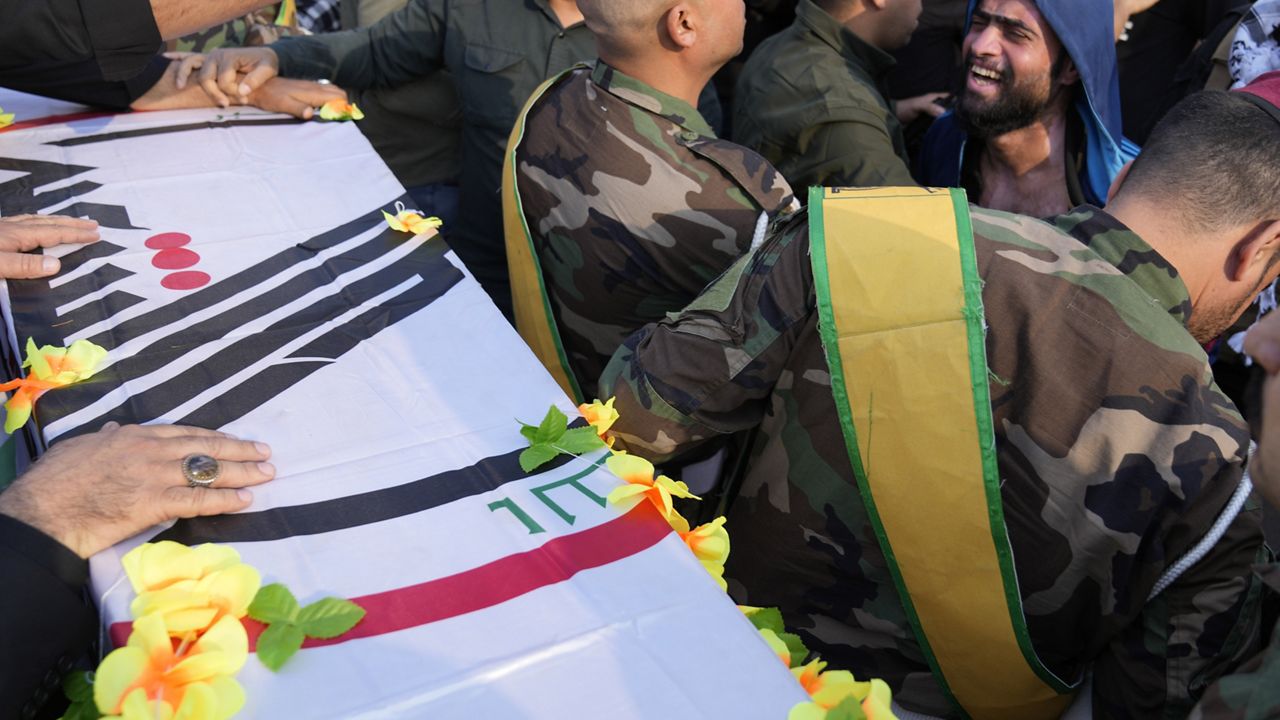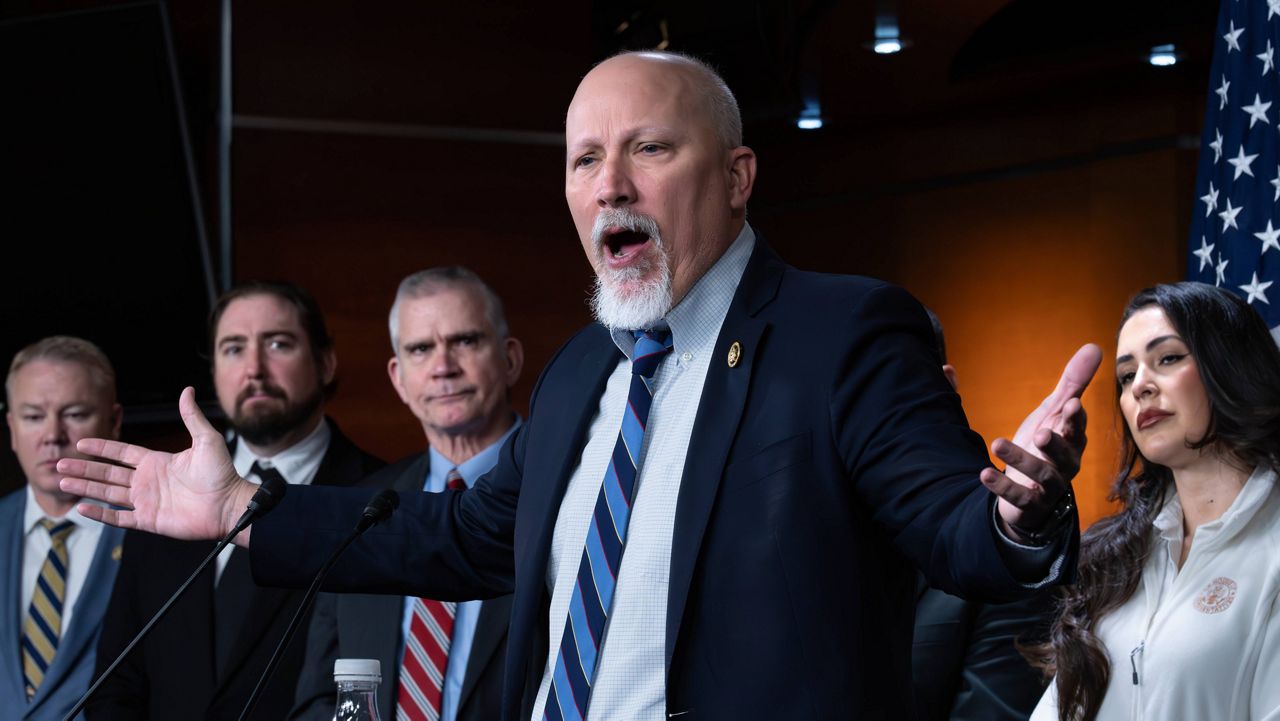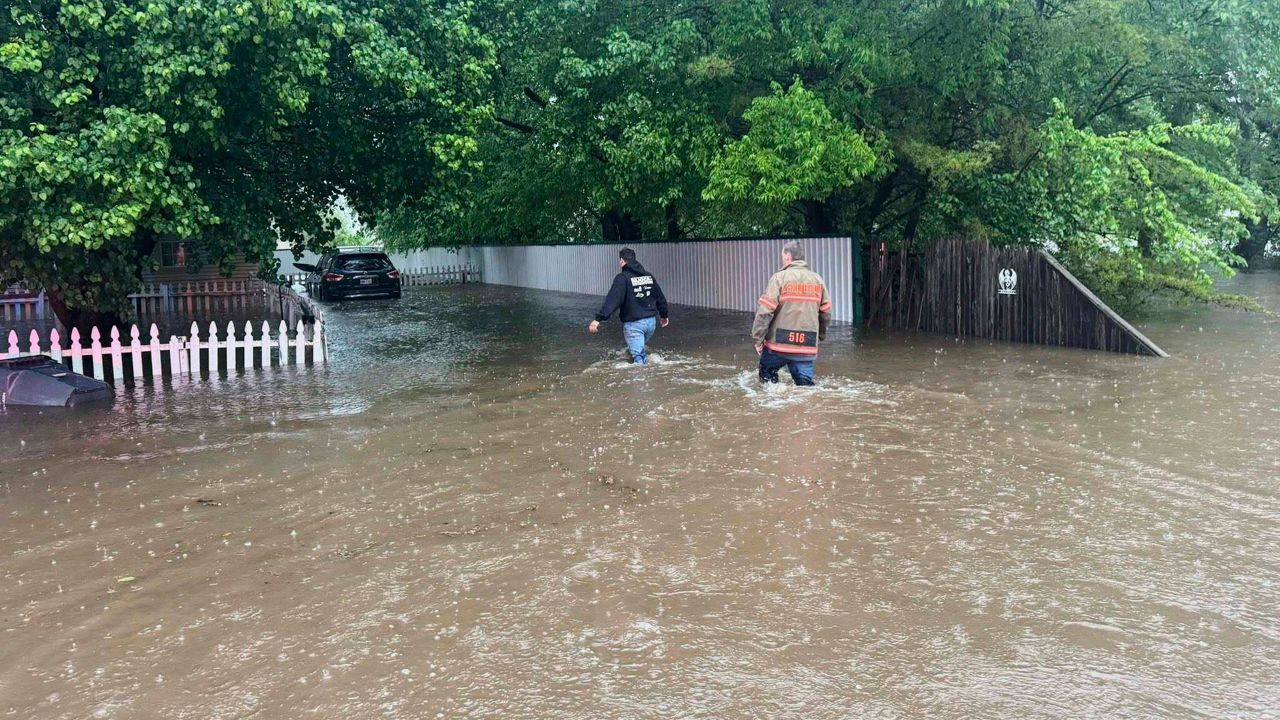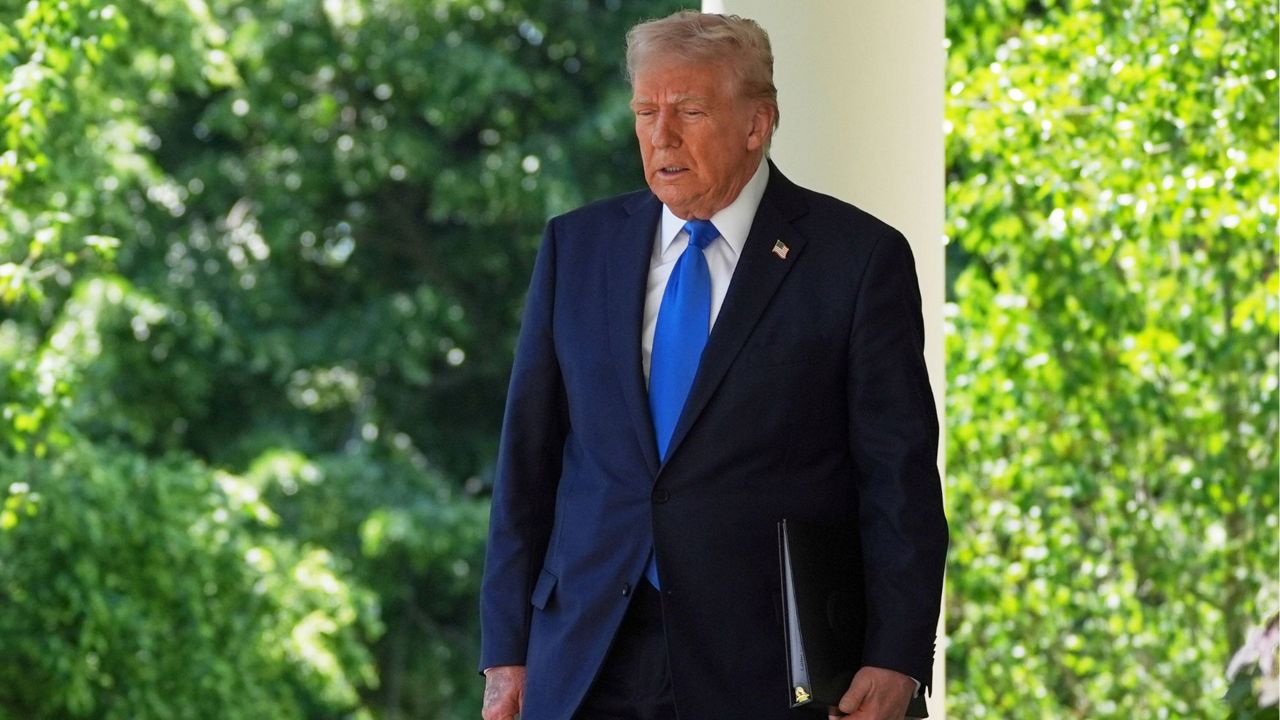The U.S. and Iraqi governments will begin formal conversations, described as “working group meetings,” focused on the future of U.S troops in Iraq, the Department of Defense announced on Thursday.
The U.S.-led military coalition in Iraq, which sent U.S. military personnel to the country, was created to take on the Islamic State group.
In a statement, Defense Secretary Lloyd Austin said the new set of talks will start “in the coming days,” framing the dialogue as a chance to “transition to an enduring bilateral security partnership” between Washington and Baghdad.
The Pentagon chief noted the outlines of such a transition will take into account the current threat posed by ISIS, operational and environmental requirements and the capability levels of Iraqi security forces.
Military and defense experts will advise the two governments, with the goal of making sure “ISIS can never resurge,” Austin said. Such talks were agreed upon, he added, during the U.S.-Iraq Joint Security Cooperation Dialogue in Washington in August of last year.
In a statement, Iraq’s foreign ministry said Baghdad hopes the talks initiate a “gradual and deliberate” reduction of its advisors, which is the U.S., on Iraqi soil, according to The Associated Press.
Iraqi officials have periodically called for U.S. troops to withdraw in recent years.
Earlier this month, Iraqi Prime Minister Mohammed Shia al-Sudani said that there is no longer justification for the coalition’s presence in Iraq and that the Iraqi army is capable of tracking and fighting the remaining IS cells in the country.
“We are a sovereign country, and therefore it is only natural that we moved towards this position,” he said at World Economic Forum in Davos. “This is a request from the people, and this is a democratic country.”
U.S. troops returned to Iraq in 2014 with the mission of defeating IS but the continued U.S. military presence has been contentious in recent years. The Israel-Hamas war sparked in October and the subsequent instability in the region has added another layer over the last few months.
Since the start of the war in Gaza, there have been more than 150 attacks on U.S. facilities in Syria and Iraq by Iranian-aligned militias. The U.S. has carried out strikes against facilities in Iraq operated by such groups in response, with the latest taking place on Tuesday.
The Associated Press contributed to this report.








